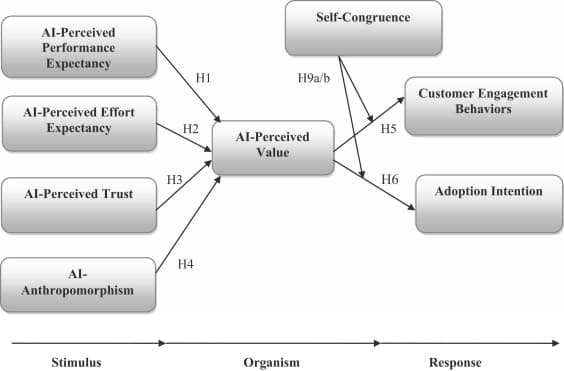Large Language Models Predominantly Perceived as Male-Encoded, Studies Indicate

Social media commentary from Freddy Vega has drawn attention to a notable divergence between the portrayal of artificial intelligence in popular culture and its real-world perception. Vega observed that while cinematic AI often features female voices and romantic narratives, large language models (LLMs) such as ChatGPT, Claude, and Gemini are frequently perceived as "male-encoded" by users. This observation highlights a growing area of research into AI gender perception and inherent biases within advanced AI systems.
Fictional narratives have long embraced AI with distinctly feminine characteristics, often manifesting as helpful, nurturing, or even romantic figures with female voices, exemplified by systems like Apple's Siri or Amazon's Alexa. However, studies investigating user interactions with text-based generative AI reveal a different reality. Researchers have found that users often attribute male characteristics to these LLMs, despite the models themselves stating they have no gender.
Several academic analyses corroborate this "male-encoded" perception, linking it to the LLMs' core abilities and output styles. Research indicates that when ChatGPT, for instance, demonstrates competence, provides information, or summarizes text, it is more likely to be perceived as male. This perception can shift to female only when the AI is specifically prompted to provide emotional support, highlighting how societal gender stereotypes about competence and emotionality are inadvertently activated by AI behavior.
The underlying cause of these gendered perceptions and biases in LLMs is often traced back to their vast training datasets, which are derived from human-generated text and information. These datasets inherently reflect existing societal biases and stereotypes, which the LLMs then learn and, in some cases, amplify. This can lead to outputs that perpetuate traditional gender roles or use gender-biased language, as seen in studies analyzing recommendation letters generated by LLMs.
Addressing these embedded biases is a critical challenge for AI developers and researchers, who advocate for enhanced strategies in AI bias detection and mitigation. Efforts are underway to develop more nuanced models that can handle context, avoid tired stereotypes, and promote fairness and inclusivity. The ongoing discourse emphasizes the need for transparency in algorithmic data collection and continuous evaluation to prevent the perpetuation of harmful societal inequalities in AI.